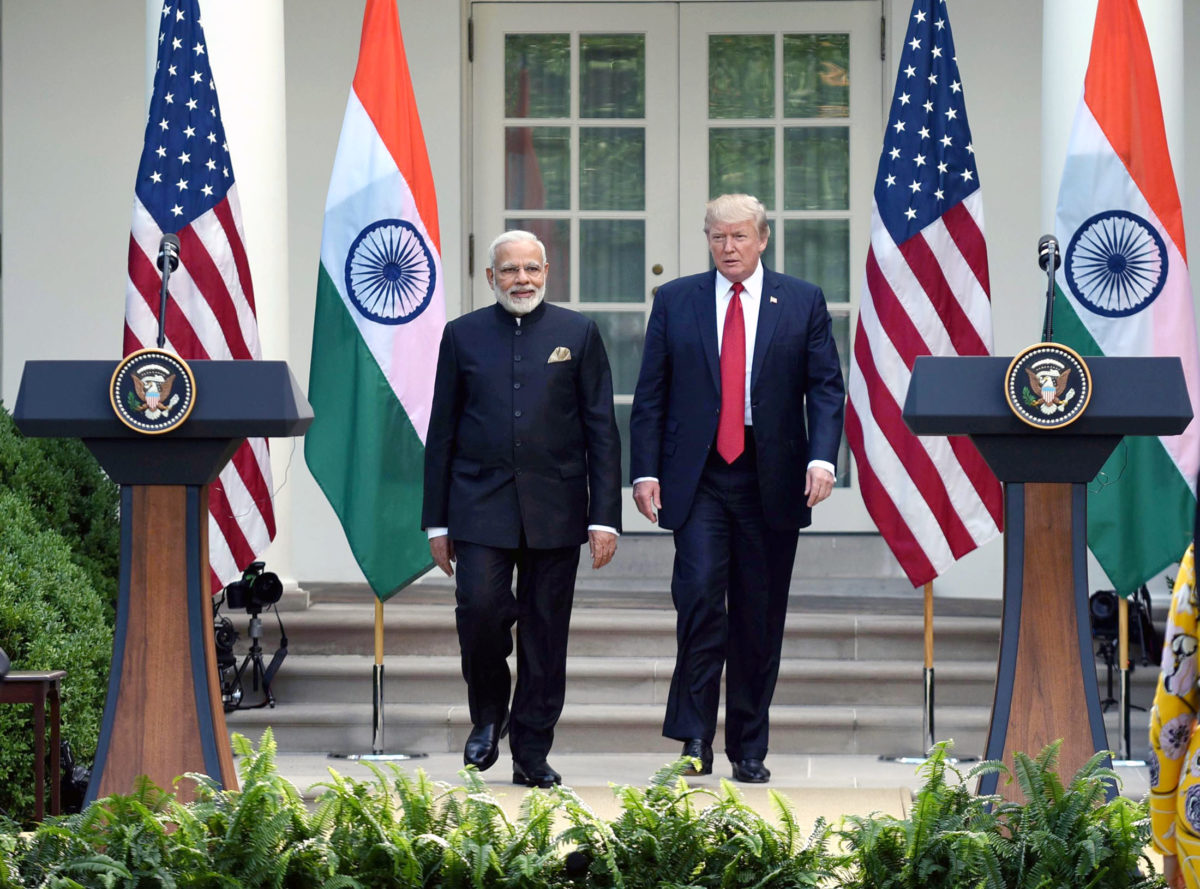Last month, the United States triggered a new round of litigation at the WTO, arguing that India had failed to abide by a ruling that it had illegally discriminated against foreign suppliers of solar cells and modules.
In a statement published by the WTO on Monday, India said it had changed its rules to conform with the ruling and that a US claim for punitive trade sanctions was groundless.
“India underscores that the United States’ request is not a valid request,” the Indian statement said.
It said Washington had skipped legal steps, failed to follow the correct WTO procedure, and omitted to mention any specific level of trade sanctions that it proposed to level on India, leaving India “severely prejudiced”.
India would be vindicated if the proper process was followed, it said.
Renewable energy has become an area of severe trade friction as major economies compete to dominate a sector that is expected to thrive as reliance on coal and oil dwindles.
India unveiled its national solar program in 2011, seeking to ease chronic energy shortages in Asia’s third-largest economy without creating pollution.
But the United States complained to the WTO in 2013, saying US solar exports to India had fallen by 90%. The WTO judges agreed that India had broken the trade rules by requiring solar power developers to use Indian-made cells and modules.
In a separate move that could protect its solar industry from global competitors, not only US rivals, India told the WTO last week that it was considering the case for imposing temporary emergency tariffs on solar cells, modules and panels, after a petition from the domestic industry.
So-called safeguard tariffs are permitted by the WTO if there is evidence of serious harm, or threat of serious harm, to a country’s production from a sudden, unforeseen surge in imports.
India said the market share of imports had increased from 86% in 2014-15 to 90% in 2017-18, with growing losses for Indian producers and a fourfold rise in inventory levels.
That amounted to prima facie evidence of serious injury to Indian firms, India said in the WTO filing.
However, All India Solar Industries Association (AISIA) has opposed the safeguard duty on imported solar cells and modules, mentioning that it will be counterproductive for the solar industry.
Specifically for the manufacturers operating under special economic zones (SEZs) across the country.
At present, India is planning to impose three different duties to protect its local solar manufacturing sector. In an interview with pv magazine, Gyanesh Chaudhary, General Secretary, AISIA has explained all the duties and recommended solutions to safeguard the domestic producers.
This content is protected by copyright and may not be reused. If you want to cooperate with us and would like to reuse some of our content, please contact: editors@pv-magazine.com.



By submitting this form you agree to pv magazine using your data for the purposes of publishing your comment.
Your personal data will only be disclosed or otherwise transmitted to third parties for the purposes of spam filtering or if this is necessary for technical maintenance of the website. Any other transfer to third parties will not take place unless this is justified on the basis of applicable data protection regulations or if pv magazine is legally obliged to do so.
You may revoke this consent at any time with effect for the future, in which case your personal data will be deleted immediately. Otherwise, your data will be deleted if pv magazine has processed your request or the purpose of data storage is fulfilled.
Further information on data privacy can be found in our Data Protection Policy.